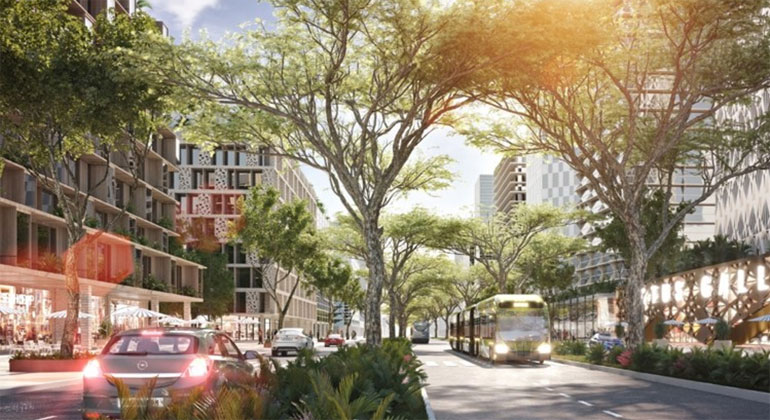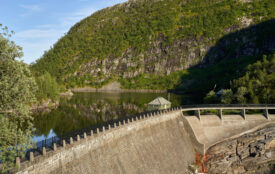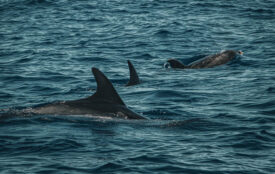A green neighbourhood is being built in Africa
A modern, sustainable district is being built in Rwanda’s capital – Green and affordable living in Green City Kigali, Rwanda
On behalf of the Federal Ministry for Economic Cooperation and Development (BMZ), KfW today signed a grant agreement amounting to over EUR 30 million to promote sustainable urban development in Rwanda. The Green City Kigali project aims to create a sustainable neighbourhood with environmentally friendly infrastructure and affordable housing for up to 8,000 people. Particular attention is paid to the growing middle class of the urban population of Kigali.
The flagship project serves as a model and is designed to support the transformation to a green economy as well as the adaptation to accelerated urbanisation. Specific measures include the construction of a separate drinking water reservoir, a district sewage treatment plant and the installation of solar panels on the roofs of the 1,680 planned residential units. In addition to apartments, the mixed-use district will also include commercial units enabling short commutes to work and social infrastructure in the form of a community centre, public spaces and a school. Furthermore, innovative landscaping measures such as designated green spaces in the neighbourhood will enable natural drainage, heat and climate mitigation and will protect biodiversity. Cycle paths and footpaths will also be built to facilitate environmentally friendly traffic. Local, low-carbon building materials are being used.
“Rwanda is one of the most densely populated countries in Africa. In most cases, the process of rapid urbanisation is unregulated, does not take climate aspects into account and is a burden on scarce land resources. As a result, urban areas are increasingly subject to flooding, damage to existing infrastructure and destruction due to landslides. There is also a lack of affordable housing for the population in the cities. Against this background, the support for orderly urbanisation that creates sustainable infrastructure and social mixing is of great importance in Africa,” said Christine Laibach, Member of the Executive Board of KfW Group.
The green model city is creating long-term employment opportunities both during and beyond the construction phase. The resulting improvement in living conditions is contributing to alleviating poverty and reducing economic and social disparities among the Rwandan population. Overall, the holistic approach of the project enables sustainable urban development in which environmental, socio-cultural and economic dimensions converge.
The total cost of the project is around EUR 100 million. The beneficiary of the project is the Republic of Rwanda, represented by the Ministry of Finance and Economic Planning (MINECOFIN).








